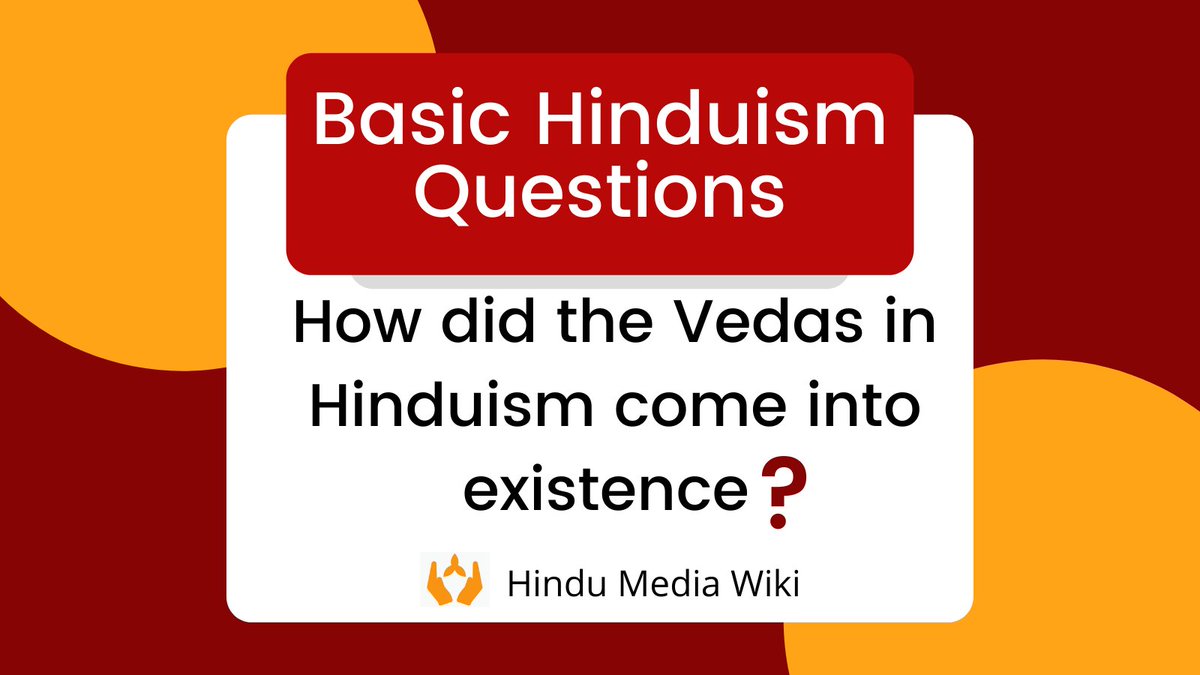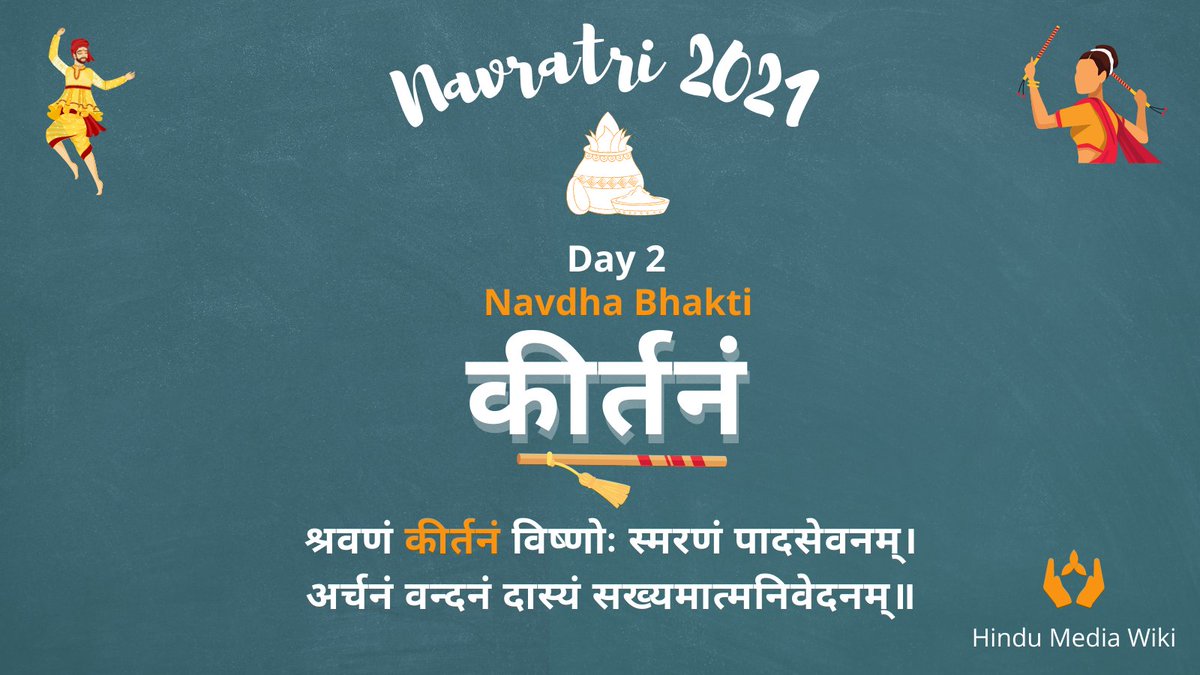
Basic Questions and Answers about Hinduism Series:
How did the Vedas in Hinduism come into existence?
The Vedas are Śruti, which means "that which is heard" (1/7 Read on)
How did the Vedas in Hinduism come into existence?
The Vedas are Śruti, which means "that which is heard" (1/7 Read on)

Hindus believe that from time immemorial, sages known as Dhrishtas (literally "seers") have, during a state of Tapasya (deep meditation), heard sacred verses directly from the gods.
In the Dwapara Yuga (the age before the one we're currently in), These verses were compiled by a sage named Krishna Dwaipayana Veda Vyasa (or Vyasa for short) into a set of four books we call the Vedas.
Technically Vyasa only compiled the first three books - Rig, Yajur, and Sama - while the Atharvana Veda is attributed to the sages Angiras and Atharvan.
As the words of the Vedas are believed to be divine in origin, they are held to be the foremost authority of our religion.
As the words of the Vedas are believed to be divine in origin, they are held to be the foremost authority of our religion.
As Rama says in the Ayodhya Kanda of the Ramayana, the Vedas "have the foundation in Truth [and] one should thoroughly surrender to truth."
Each of the four Vedas is divided into four portions:
Each of the four Vedas is divided into four portions:
Samhitas, the core part of the Vedas which consist of hymns to various gods; Brahmanas, which provide instructions on the proper conducting of important rituals; Aranyakas, which provide a guide to rituals meant for forest-dwellers and hermits;
...and Upanishads, which consist of conversations between teachers and students which clarify the philosophical message of the Vedas.
This video from @HinduMediaWiki Youtube Channel gives a good overview of this
This video from @HinduMediaWiki Youtube Channel gives a good overview of this
In any case, when someone says "I read the Rig Veda" without qualification, they usually mean the Rig Veda Samhita, because the Samhitas are the core part of the Vedas which came directly from the gods.
• • •
Missing some Tweet in this thread? You can try to
force a refresh





